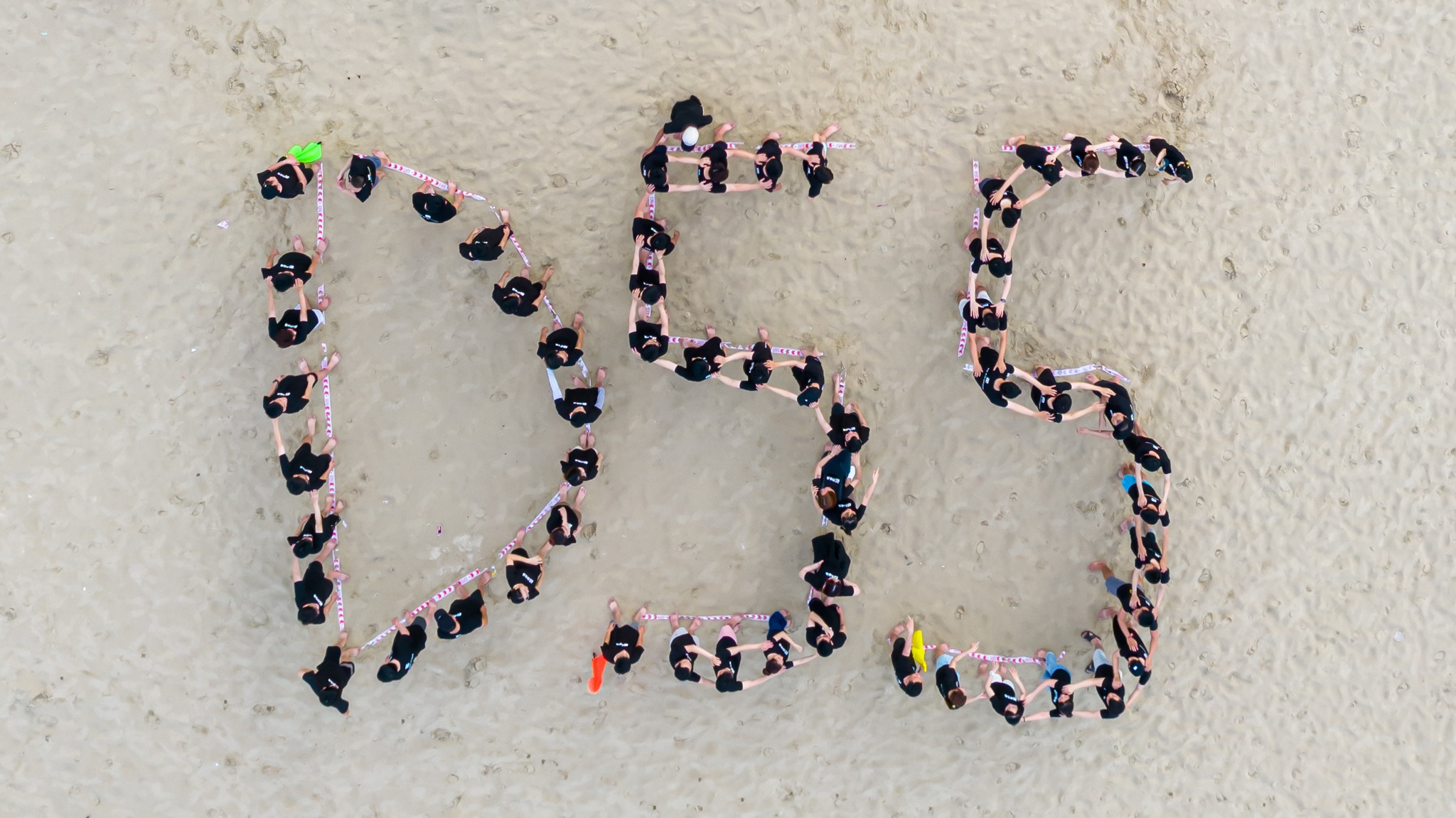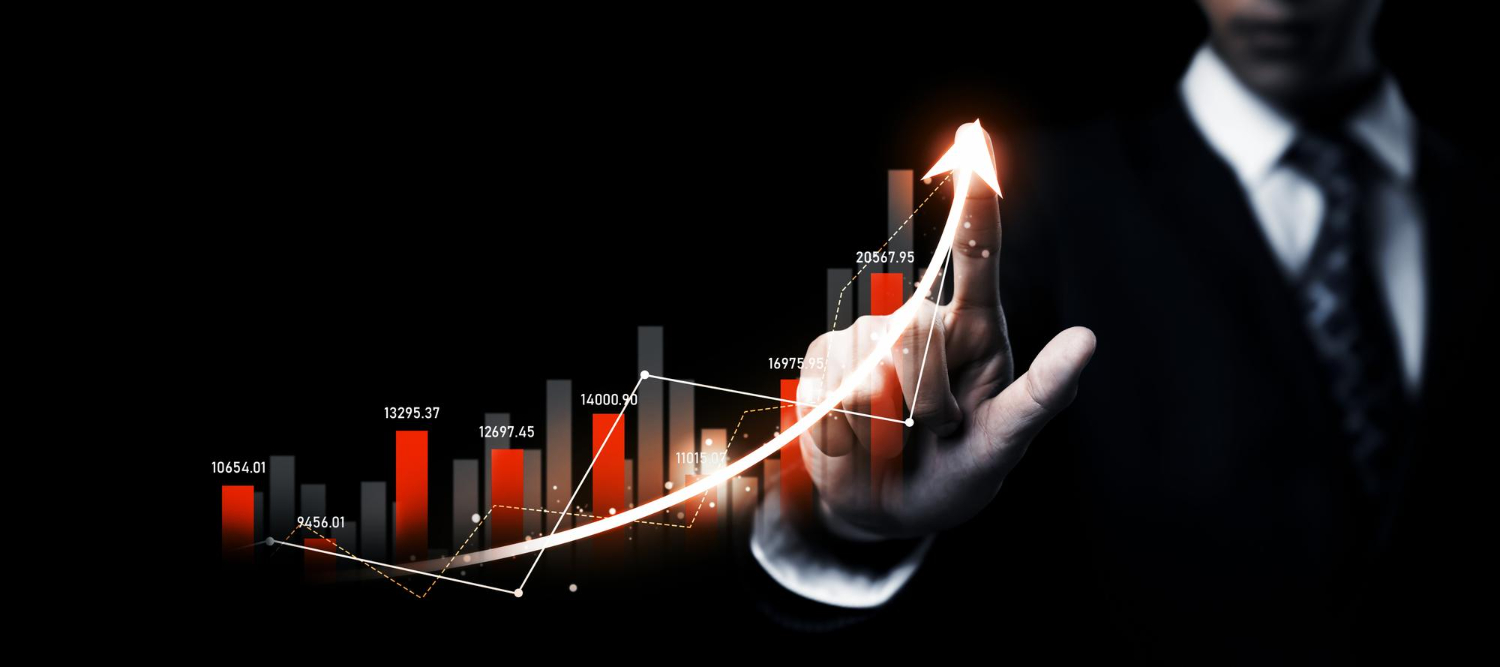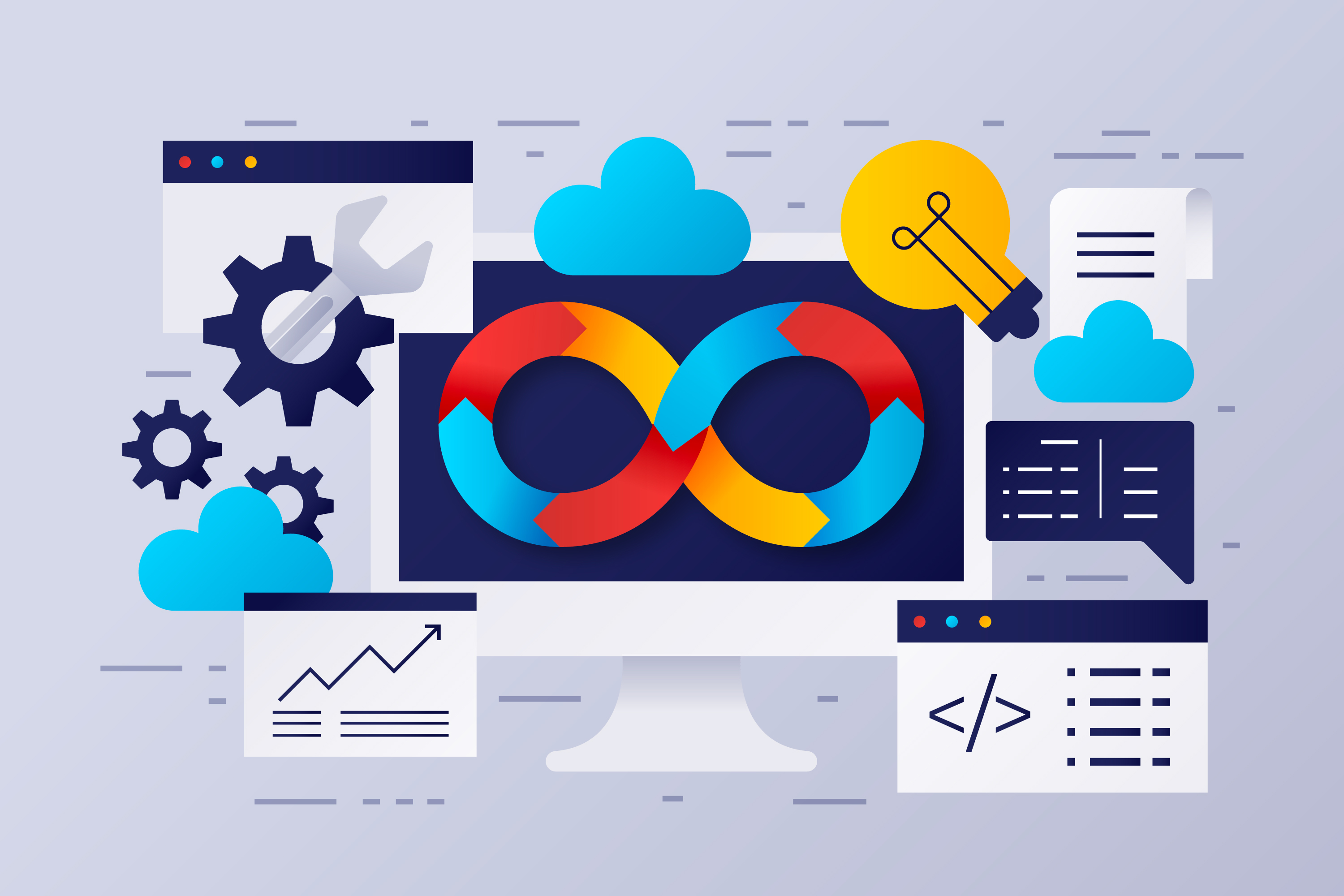Blockchain Overview
What is Blockchain
Blockchain is an immutable distributed ledger which is replicated across all network participants, who collaborate to maintain the ledger. The ledger contains all transactions submitted to it.
Blockchain has following characteristics
- Immutability: records can’t be modified or removed
- Consensus: All participants agree on the same state of the ledger
- Provenance: There is a single place of origin for all transactions
Each block in a blockchain contains multiple transactions and links with previous block using hash value of the previous one
What problem Blockchain solves
In current business network each participant maintains its own record. That multiple systems of record are inefficient, expensive and vulnerable because each participant has a central database which is susceptible to hacking and misinformation. Maintaining and integrating all records in the network require costly efforts.
Adopting a blockchain as introduced above to the business network could solve the problem since all participants share a distributed ledger. Blockchain increases trust through shared process and recordkeeping, reduces cost, reduces transaction time from days to near instantaneous, reduces risk of tampering, fraud and cyber crime.
Clean Food Chain Project
Problem
In developing countries food quality is a crucial issue since there is no way to trace all transactions in food network. Information about food such as nutrition details, test results, audit certificates can be faked or tampered. Processes in food network are not transparent to all participants and consumers therefore trust of the quality is very low. There are many low quality food being sold but consumers have no point to validate if they are consuming bad product or not. Low quality food affect health and cause several other critical issues.
DS Solution Vietnam’s proposal
Blockchain comes to provide a trusted source of information and traceability to improve transparency and efficiency across food network.





